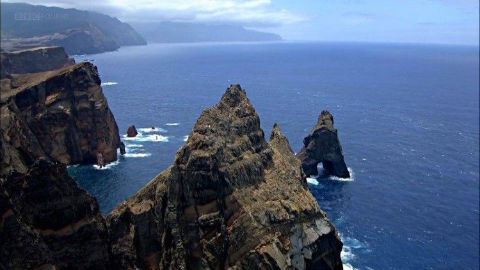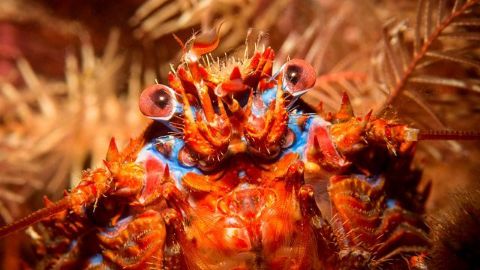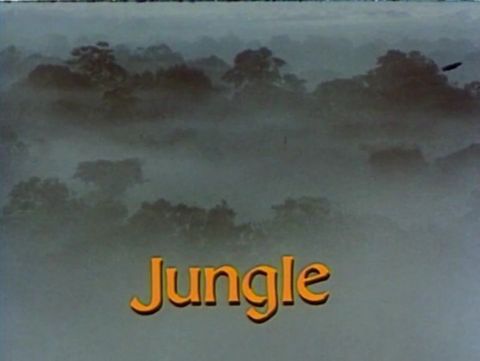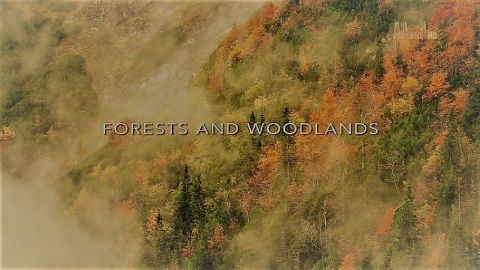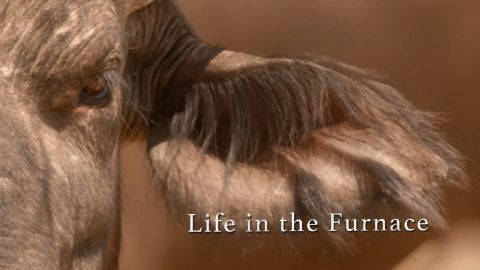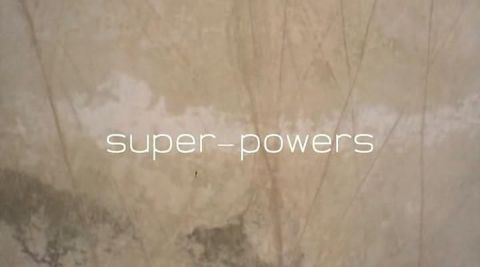Madeira: Island Ark • 2016 • episode "Part 3" • Nature's Wonderlands: Islands of Evolution
Fortey travels to Madeira to examine what happens to a volcanic island as it nears the end of its life-cycle and starts sinking back into the sea. Here, in the island's laurisilva forest, he examines the remains of an ancient forest that once carpeted all of Europe, finds island lizards that live to be four times older than their mainland counterparts, and meets a huge wolf spider. With the help of local divers, he also discovers an unexpectedly rich marine habitat populated by whales, dolphins and unusual deep-sea species that have much to tell us about the changing nature of our seas.
Make a donation
Buy a brother a hot coffee? Or a cold beer?
Hope you're finding these documentaries fascinating and eye-opening. It's just me, working hard behind the scenes to bring you this enriching content.
Running and maintaining a website like this takes time and resources. That's why I'm reaching out to you. If you appreciate what I do and would like to support my efforts, would you consider "buying me a coffee"?
Donation addresses
BTC: bc1q8ldskxh4x9qnddhcrgcun8rtvddeldm2a07r2v
ETH: 0x5CCAAA1afc5c5D814129d99277dDb5A979672116
With your donation through , you can show your appreciation and help me keep this project going. Every contribution, no matter how small, makes a significant impact. It goes directly towards covering server costs.


